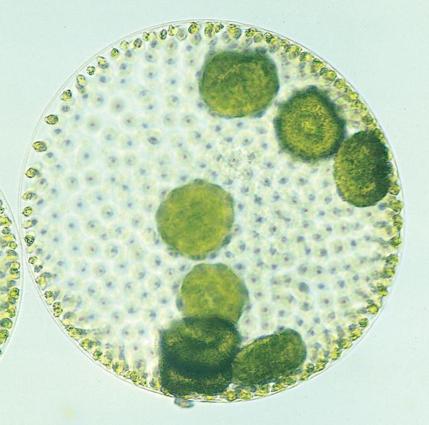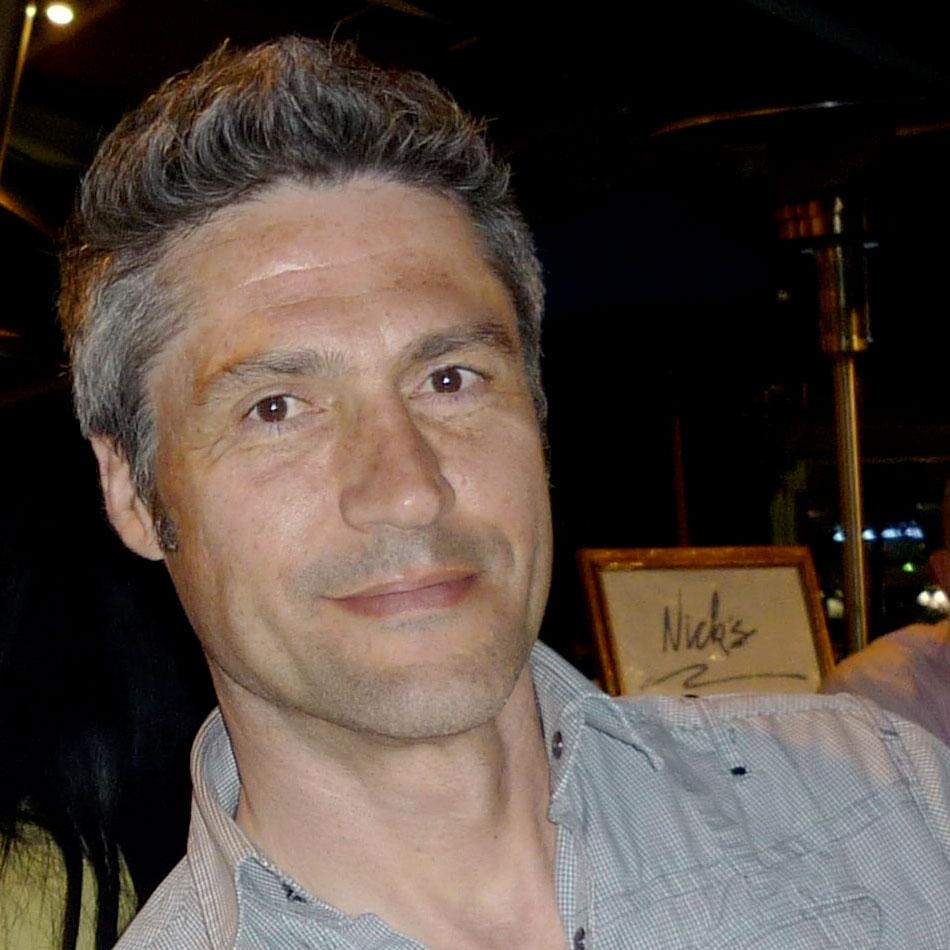Testing the gamete competition theory of the evolution of anisogamy

Although the gamete competition theory remains the dominant explanation for the evolution of anisogamy, well-known exceptions to its predictions have raised doubts about the completeness of the theory.
This honours project will conduct further research in this area.
Evolutionary genetics of sex, sexes and senescence (s3)
I study the evolutionary genetics of fundamental problems: the evolution of sex and recombination, sexes (anisogamy), senescence (ageing) and altruism (kin selection).
These questions are approached using comparative data analysis and mathematical modelling. As such, my work is purely computational, relying on statistical analysis and computer programming.
I have been modelling the coevolution of hosts and pathogens to test the idea that such antagonistic coevolution selects for recombination.
I have also been using data from the volvocince algae (Volvox, Chlamydomonas, etc.) to test theories about the evolution of anisogamy (sexes).
Another area of focus is using life table data from honeybees to determine whether the large differences in lifespan between queens and workers are due to the different hazards of their lifestyles or whether they are due to the adaptive plastic regulation of somatic maintenance.

Supervisor
Research area: Evolutionary genetics of sex, sexes and senescence (s3)
Recommended honours enrolment: Honours in Molecular and Biomedical Science
